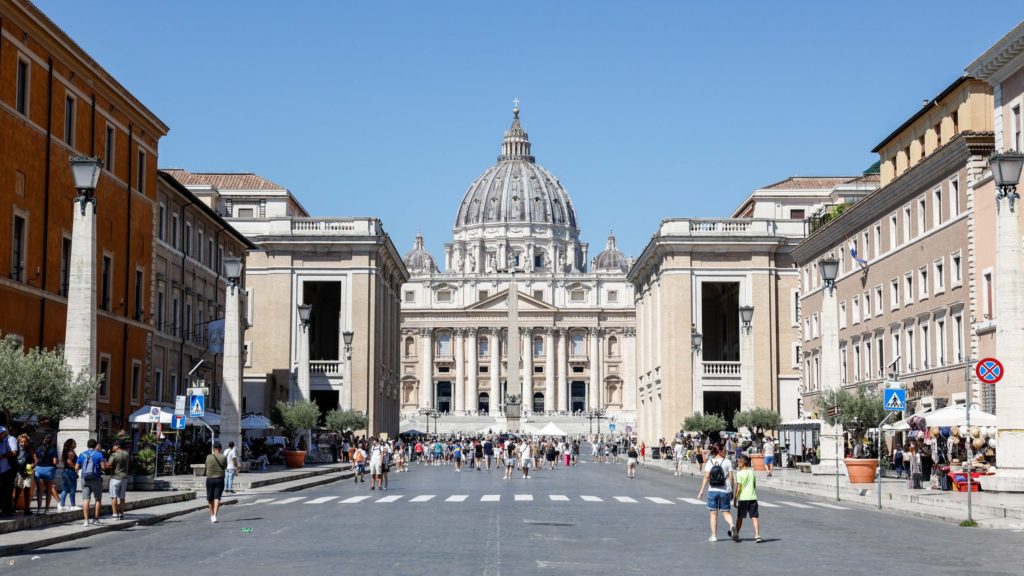The Vatican investment office made 32.27 million euros (about $35.2 million) in profit in 2022 and contributed the entire amount to the Vatican's operating budget, said Bishop Nunzio Galantino, president of the Administration of the Patrimony of the Holy See.
The profit was close to 6 million euros less than what the investments earned in 2021, the bishop said in the annual report of the administration, which is known by its Italian acronym, APSA, and controls most of the Vatican's portfolio, including real estate.
"Transparency of numbers, achievements and defined procedures is one of the tools we have at our disposal to ward off -- at least in those who are free of preconceptions -- unfounded suspicions regarding the extent of the church's assets, its administration or the fulfillment of the duties of justice, such as payment of due taxes and other tributes," the bishop wrote in his introduction to the 104-page report, which was published in early August.
The Vatican, like other countries in Europe, was impacted by "negative financial and economic consequences arising from the conflict between Russia and Ukraine," including a significant increase in energy costs in 2022, the bishop said.
The uncertain global economic picture, he said, led APSA to maintain a conservative investment policy.
After earning close to 20 million euros through its investments in stocks, bonds, gold and currencies in 2021, APSA lost more than 6 million euros with its investments in 2022, the report said. But it made more than 52 million euros from its real estate holdings.
APSA is continuing a project to update and remodel dozens of apartments and commercial spaces that were in such a state of degradation that they could not be rented, the report said. The first half of the project, involving 79 properties, has been completed, and work has begun on the second phase, which involves another 61 units.
The Vatican, Bishop Galantino noted, gave rent reductions of 30% to 50% to some individuals and small businesses during and immediately after the COVID-19 lockdown in 2020 in response to Pope Francis' concern that people not lose their jobs or livelihoods during the pandemic. Now, the bishop said, the office is working to convince non-paying renters to meet their obligations.
APSA, the report said, directly administers 4,072 properties, which include churches, Vatican office buildings, residences for Vatican officials and apartments rented to Vatican employees, commercial office space and farmland. Only 19% of the property is rented on the open market, it said, while 12% is rented at reduced rates to employees or retired employees; the rest is used by Vatican offices or religious orders.
The Vatican's real estate includes 473 parcels of land, including 112 parcels cultivated for hay, grain or other agricultural products and 28 olive groves.
APSA estimated the total value of the patrimony it controls at more than 2.8 billion euros (just over $3 billion). That figure, however, includes only a symbolic 1 euro each for properties with a high "environmental, historical, religious, cultural or archaeological significance."
"The church, in its centuries-long history, mainly thanks to the generosity of the faithful, has been able to have the necessary resources to continue the mission entrusted to her by Jesus," Bishop Galantino wrote. "But it is also true that a significant turning point, regarding its patrimony, has a precise date and circumstance: the Lateran Pacts signed in 1929," in which the Vatican and Italy recognized each other's sovereignty and Italy compensated the Vatican for the loss of the Papal States.
Responding to a question of continuing concern Italy, where many people believe the Vatican does not pay taxes, the APSA report said the Vatican paid Italy just over 6 million euros in property taxes on real estate not used strictly for religious purposes and close to 3 million euros in corporate taxes for commercial activities outside the Vatican walls.

